election
Latest

Recommended Reading: Tim Cook on Apple's iPhone X, HomePod and more
Why Apple is the world's most innovative company Robert Safian, Fast Company Apple may be one of the biggest companies in the world, but it still doesn't open up often about how it operates. A few times a year though, we catch a glimpse. Fast Company caught up with CEO Tim Cook back in January to chat Apple's recent run of new gear in an interview that published this week.
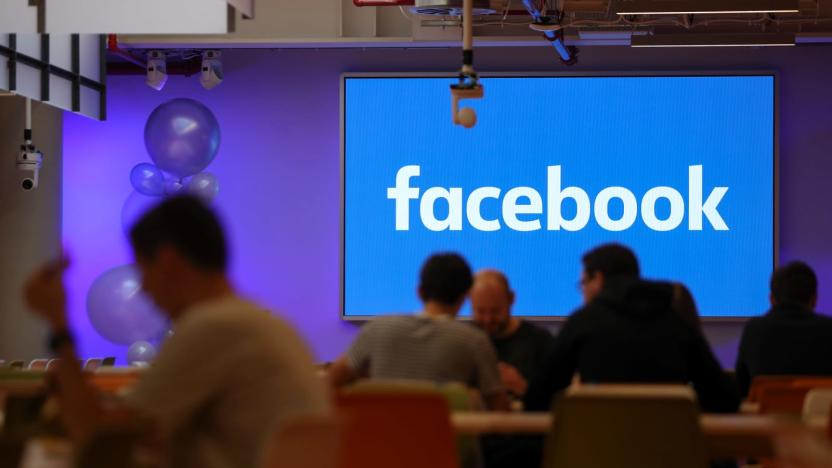
Facebook will send postcards to verify US election ad buyers
Facebook has a new yet very old solution to fighting Russian manipulation attempts during future US elections: conventional mail. Global policy program director Katie Harbath has revealed that the social network will send postcards to verify the identities and locations of anyone hoping to buy ads related to federal-level candidates. Recipients will have to enter a code on the postcard to prove that they are, in fact, living in the US. The requirement won't apply to state-level candidates or ads based around issues.
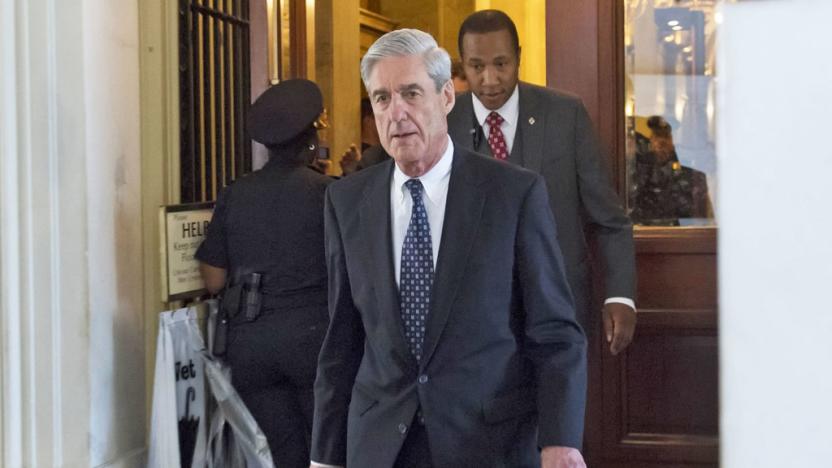
US indicts 13 Russian nationals for alleged election tampering
Today, the office of special counsel Robert Mueller announced that a federal jury has indicted 13 Russian nationals on charges of conspiracy to commit wire and bank fraud, aggravated identity theft and conspiracy to defraud the US. The charges mean that these individuals are now officially wanted by the US government, though actual arrests may be hard to come by. "Defendant Internet Research Agency LLC is a Russian organization engaged in operations to interfere with elections and political processes," says the indictment. "Beginning as early as 2014, [it] began operations to interfere with the US political system, including the 2016 US presidential election."
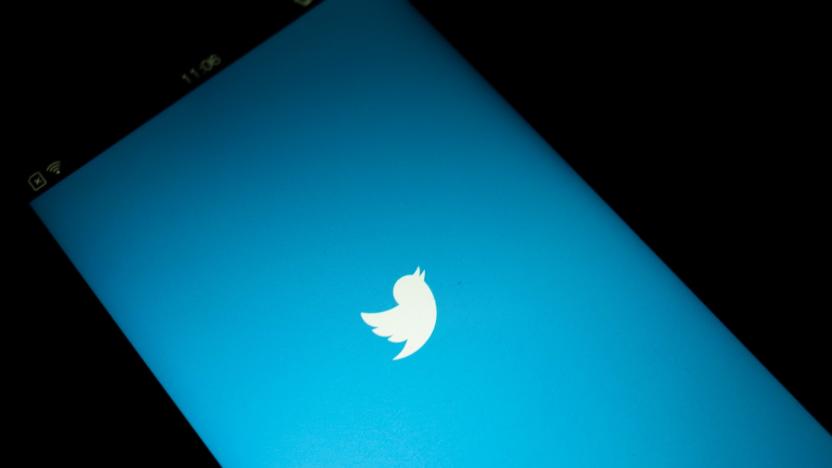
Twitter says 49 Russian accounts tried to sway Brexit voters
UK officials have been pressing Facebook and Twitter to investigate whether Russian-based accounts attempted to influence the 2016 Brexit vote. Previous responses from both platforms were found to be inadequate by the chair of the UK's digital, culture, media and sport select committee and both companies were asked to do better. Now, BuzzFeed News reports that Twitter has in fact found some evidence of Russian meddling, albeit small in scope.
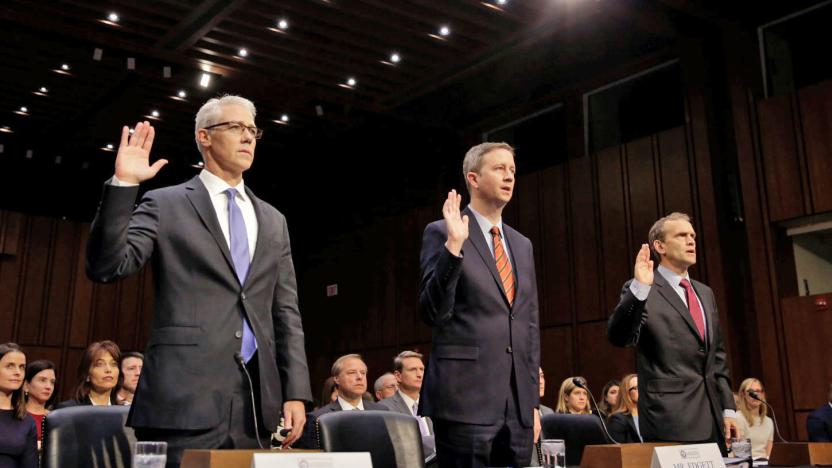
Facebook: Russian trolls created 129 event posts during 2016 election
On Thursday the Senate Intelligence committee released information from Facebook, Google and Twitter responding to Russian involvement in the 2016 presidential election. In its statement, Facebook noted that Russian "Internet Research Agency" (IRA) troll accounts set up 129 events across 12 pages, that were viewed by over 338,000 accounts, with 62,500 saying they were going. What isn't known is how many people actually went to these events, many of which were set up to inflame opposing groups on topics such as Black Lives Matter or immigration.
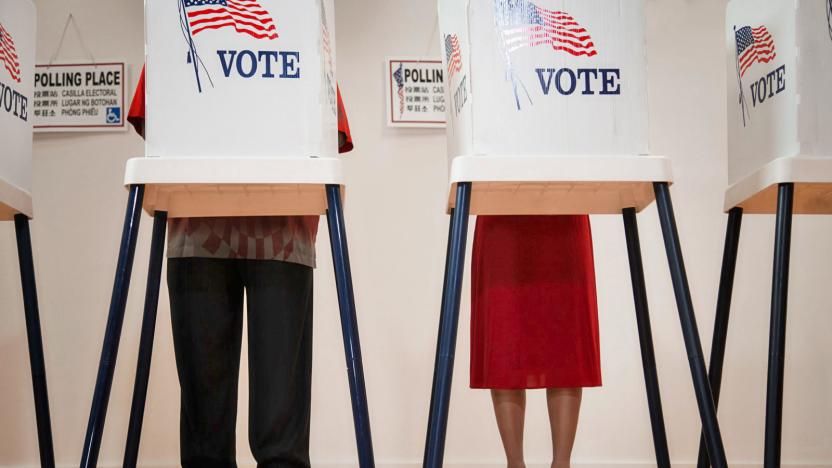
Facebook explores whether social media is good for democracy
As part of its Hard Questions series, Facebook has decided to explore the question of whether social media is good for democracy. The last US presidential election brought that question to the fore of many people's minds, directly or indirectly, as it became clear that fake news and meddling by foreign actors played not insignificant roles. For this topic, Facebook is doing something a little different, inviting three outside experts to share their thoughts on this question and those individuals include Harvard professor Cass Sunstein, social media scholar and former president of Estonia Toomas Hendrik Ilves and University of Sydney professor Ariadne Vromen.

Twitter missed its Russia election interference deadline
Over the course of 2017, evidence emerged that Russian actors posted advertisements and content on US-facing sites leading up to the 2016 election to influence public opinion. As part of their investigations, the Senate Intelligence Committee sent Facebook, Google and Twitter written questions to answer by yesterday. The former two complied but Twitter missed the deadline, the committee's top Democrat Senator Mark Warner told Axios.
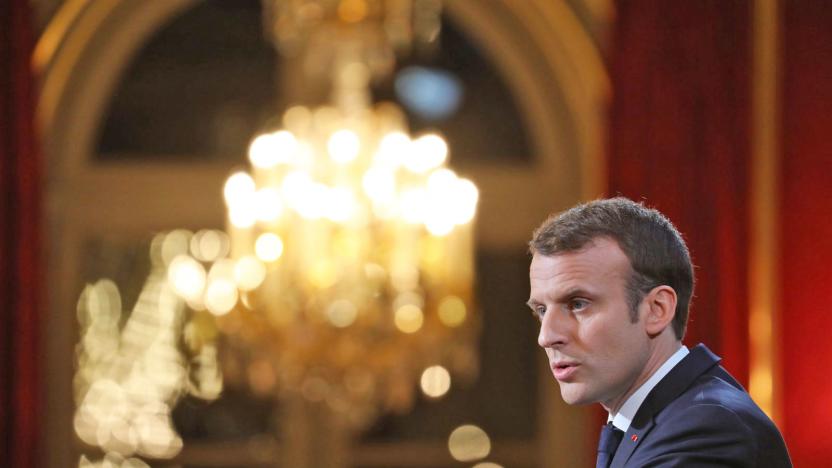
France considers new laws to fight fake news
During a media briefing yesterday, French President Emmanuel Macron said that he would soon introduce new legislation aimed at combating fake news during elections. Under the new law, websites publishing sponsored content would have to disclose who paid for it and fees for that content would have a cap. Additionally, authorities would have the power to remove fake content and block websites if they're found to be publishing fake news. "If we want to protect liberal democracies, we must be strong and have clear rules," Macron said.
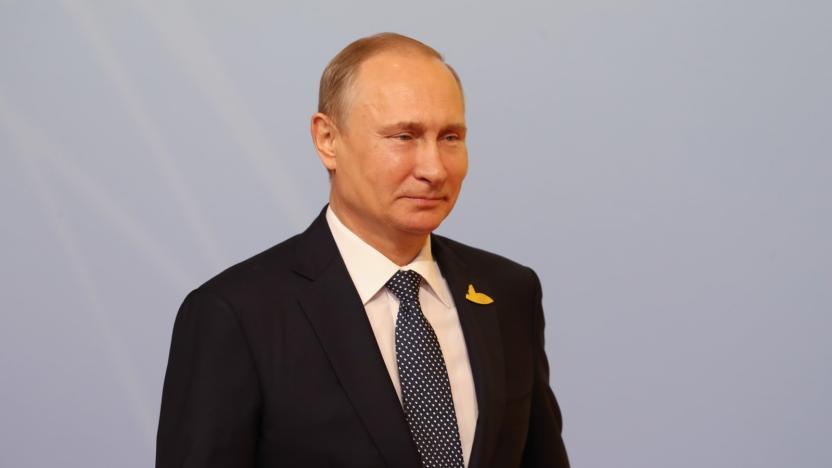
Putin wants to police social media ahead of Russian election
Russia's president Vladimir Putin wants to start monitoring companies on social media during the country's presidential election next year, to assess just how involved they are with domestic politics. Speaking with leaders in Russia's parliament, he said "it should be carefully analysed how they are operating and will be operating during the presidential election", but didn't specify which companies would go under the spotlight, nor whether he was focusing on foreign or local firms.
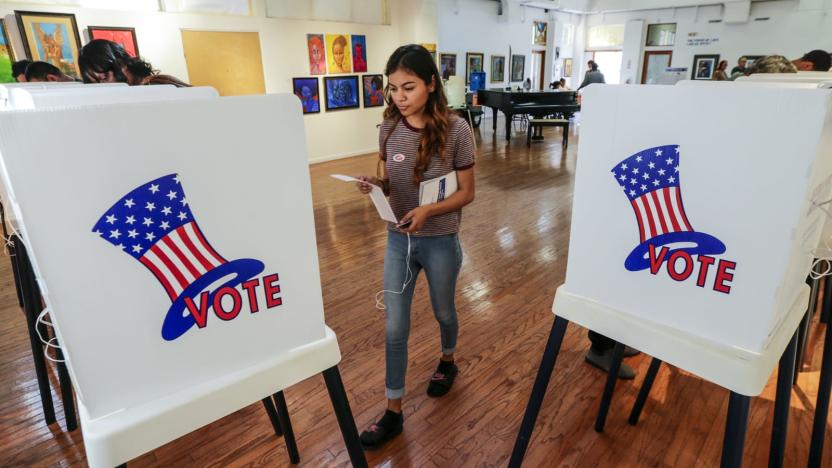
Senate bill would help guard against election hacks
American election security is a mess. Many voting systems are vulnerable, but replacing machines is expensive -- and then there's the lack of coordination between different levels of government. The country needs a lot of help if it's going to prevent a repeat of Russia's 2016 interference, let alone full-fledged tampering. Some new legislation might sort things out, however. A bipartisan group of senators has introduced the Secure Elections Act, a bill that would support state election systems with resources and expertise that could help fend off hacking attempts.
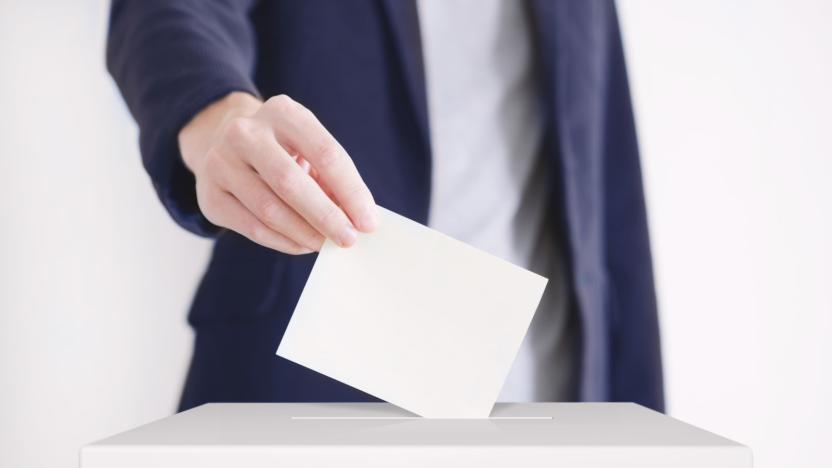
Google and ProPublica help journalists cover local elections
ProPublica and Google's News Lab are teaming up to help journalists, especially at the local level, report on all things related to elections. The Election Databot, which launched during the 2016 general election, will now offer up data on every race from the Alabama senate race through to the 2018 midterms. The portal for each event will broadcast a firehose of relevant news stories, search trends for the candidates and even broadcast FEC spending data.
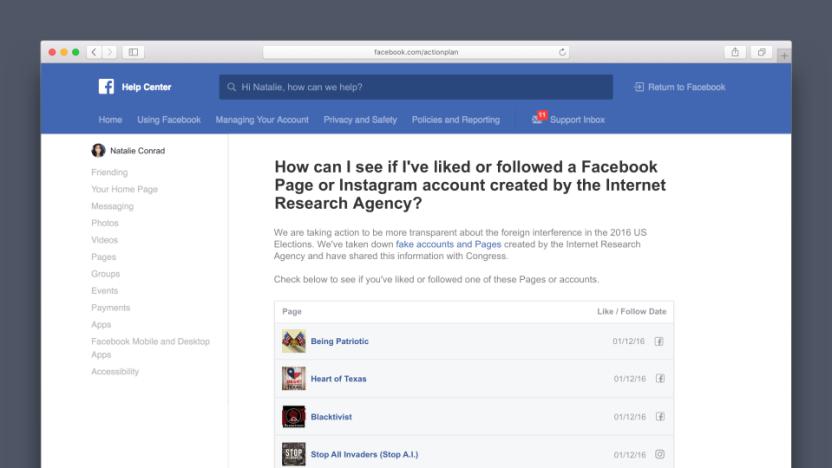
Facebook will alert you if you liked a fake Russian account
As part of its ongoing transparency efforts on Russian activity, Facebook today revealed that it will soon let users find out if they liked or followed pages created by the Internet Research Agency between January 2015 and August 2017. The company said it plans to roll out the tool by the end of this year, which is going to live in the Facebook Help Center and will also include information about Instagram accounts.
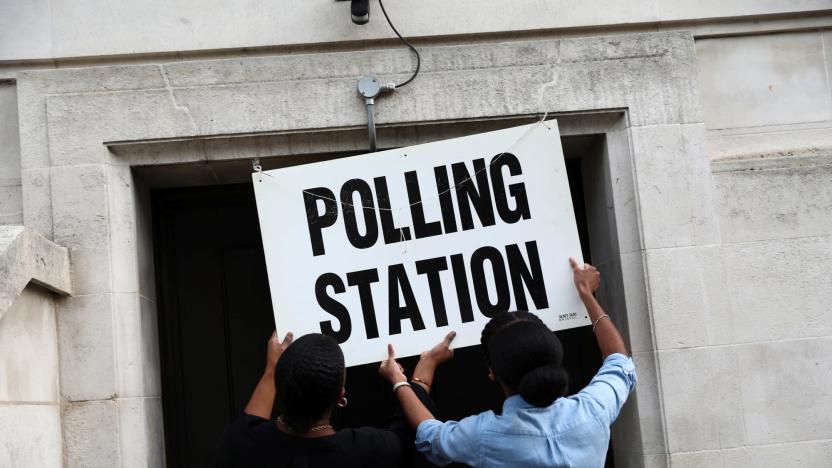
UK watchdog calls for transparency on online political ad funding
The UK's Electoral Commission wants political parties to be more transparent about the people or companies bankrolling their online advertising campaigns during general elections. The independent body says British voters deserve the same transparency while browsing the web as they do looking at billboards and pamphlets. At present, candidates and non-party campaigners are required to include an "imprint," or disclaimer, on physical advertising that explains who is behind it. Now, the Commission wants that same requirement to cover online material too. "This would enable voters to identify who is spending money on trying to influence them at elections," it said in a report yesterday.
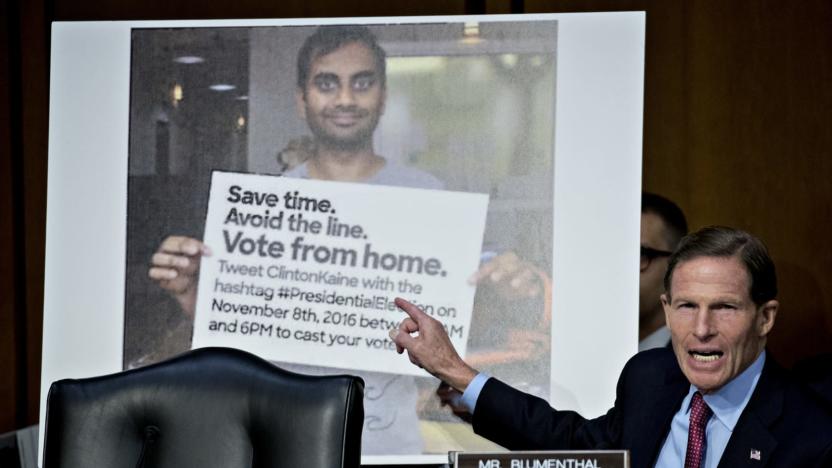
Senators want FEC to improve transparency for online political ads
It's not just companies like Google asking the Federal Election Commission to improve disclosure for online political ads. A group of 15 Democrat senators (led by Sens. Claire McCaskill, Amy Klobuchar and Mark Warner) has filed an official comment calling on the FEC to take "immediate action" increasing the transparency for internet political ads. Russia took advantage of exemptions in political ad law to influence the 2016 presidential election without revealing its involvement, the senators argued, and that could be "the norm" if the Commission doesn't step in. Internet ads should be scrutinized just as closely as their TV and radio counterparts, according to the senators.
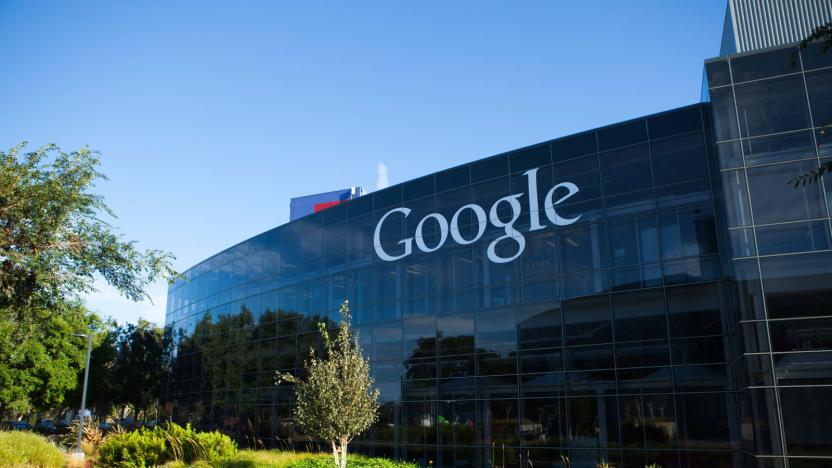
Google urges FEC to adopt more specific rules for political ads
Google, Facebook and Twitter have all found evidence of Russian influence for last year's US presidential election. Google, however, is seeking to separate itself a bit from it's social-media peers in a new document filed with the US Federal Election Commission (FEC) on Thursday, according to a report by Recode. We have since received a copy of the filing from Google and have verified the details.
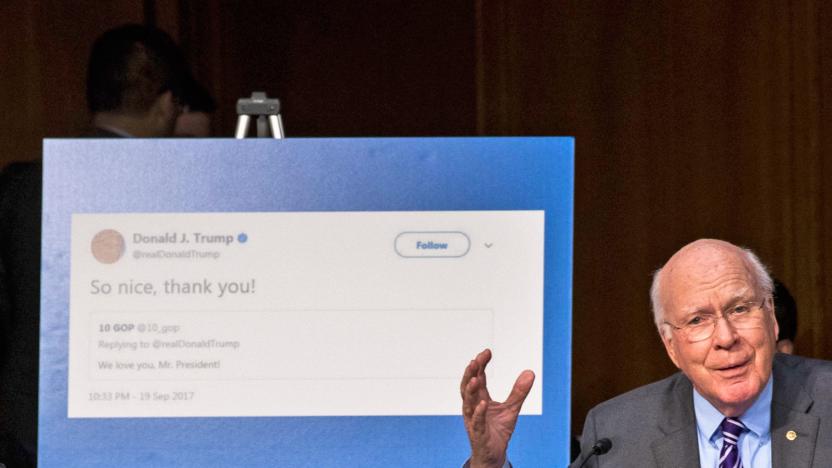
Major news outlets shared Russian propaganda from Twitter
Now that it's clearer just how many Twitter accounts have been linked to the Russian government (2,752 at last count), it's becoming evident that many reputable news sites were tricked into sharing propaganda. Recode and media intelligence company Meltwater have determined that the Washington Post, CBS, the Miami Herald, Vox Media (which owns Recode) and other well-known media outlets shared tweets from Russian accounts without realizing that these "grassroots" posts were really misinformation efforts.

US could charge six Russian officials over DNC email hacking
Is Russia's hacking of the Democratic National Committee (DNC) emails a "hoax," as Donald Trump maintains? The US Department of Justice reportedly doesn't think so. It has identified six Russian government officials involved in hacking the DNC and using the information against candidate Hillary Clinton during the 2016 election. Prosecutors have enough evidence to bring charges against those individuals by next year, according to a report from the WSJ.
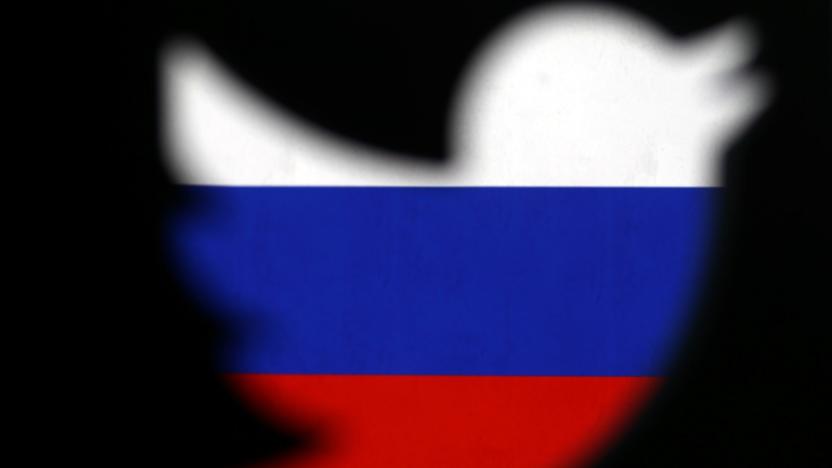
Twitter offered Russian media outlet 15 percent of its election ads
Twitter may have just given the boot to ads from Russia-backed media outlets, but it wasn't quite so discerning in 2016. BuzzFeed News has obtained email showing that Twitter offered Russia Today up to 15 percent of its US election ad volume in June of last year. This wouldn't have been nearly as large as Fox's ad buy (32 percent) or CNN's (56 percent), but there's a real chance you would have noticed... had it gone through. While it's not clear whether the reach or the $3 million price tag influenced the decision, RT turned the offer down.
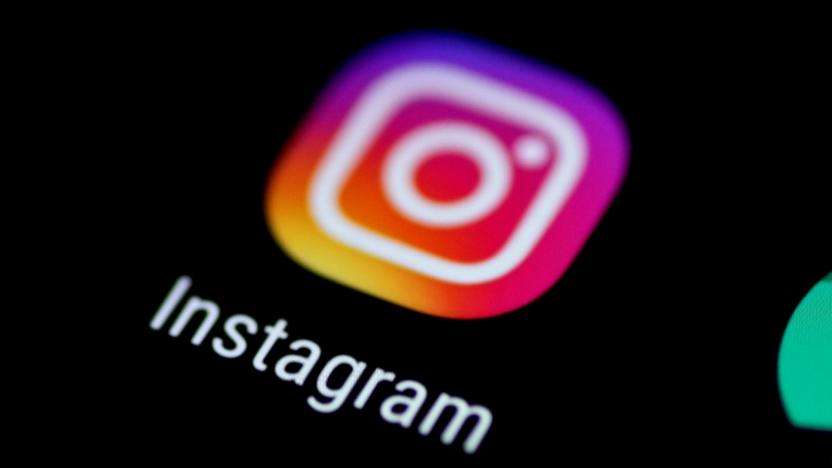
Russian Instagram posts reached 20 million users in the US
Earlier this week, we learned that over half of Facebook's US audience, 126 million Americans, were exposed to Russia's attempts to influence last November's election on the platform. Now, tech companies are back in front of Congress answering questions on Russian use of their social media platforms to affect the election. Today, Facebook's general counsel Colin Stretch disclosed that an additional 20 million people may have been exposed to 120,000 Russian-backed posts on Instagram.
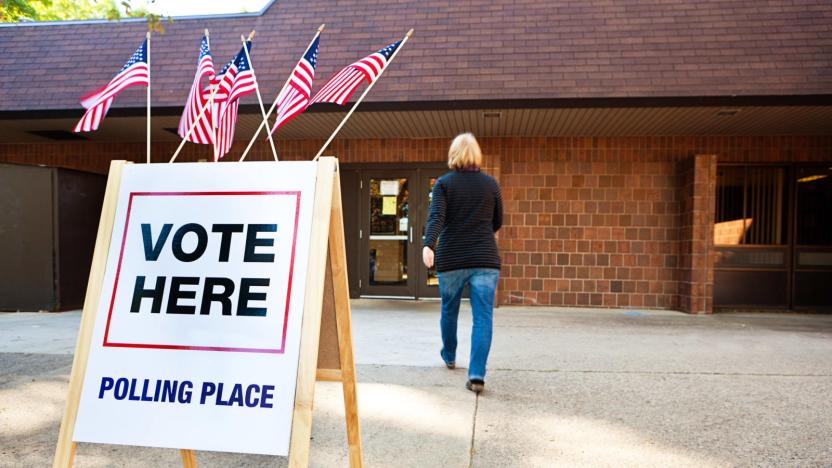
Senators push legislation to protect election systems from hacks
Senators Susan Collins (R-ME) and Martin Heinrich (D-NM) have put forward a bill that would protect America's voting infrastructure from foreign interference. The Securing America's Voting Equipment Act, or SAVE, is the newest attempt by the US to prevent elections from being compromised by foreign powers.











